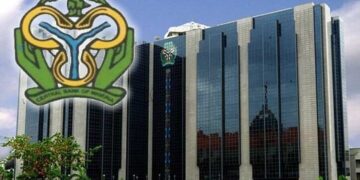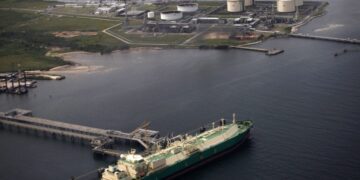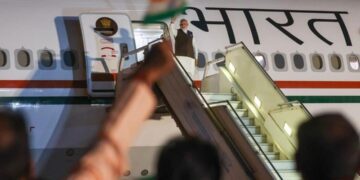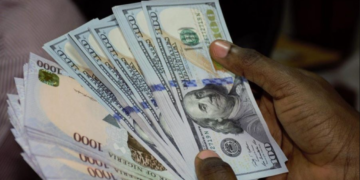Israel and Iran’s conflict may be credited to bolstering the dollar index as it steadied in London trade after surging to 5-½ month highs. The demand for a haven after Iran’s massive missile and drone strike against Israel has strengthened the US dollar. However, the hit may have had little effect considering, Iran also gave the impression that it had finished attacking Israel. According to reports, Israeli ministers also stated that they had no plans to retaliate immediately after the strike. More so, the expectation of higher-for-longer U.S. interest rates supported the dollar in the wake of last week’s hawkish Federal Reserve signals and high inflation figures. The tittering economic outlook from China is also downing public sentiment toward Asia with March seeing a decline in China’s disinflation as well as lower-than-expected export and import data. Rapidly falling wagers that the US Federal Reserve will lower interest rates in the first half of 2024 also helped to support the dollar. This was followed by a high March inflation figure.
Bringing things closer to home, recent reports indicate a decrease in Nigeria’s gross foreign reserves despite a persistent increase in the world commodities market. While the naira has surprised many with its bullish showings against the dollar week on week since March, the dollar’s global market five-month high is giving some economists a pause on sustaining that steam. However, the Naira may not be slowing in gains anytime soon considering despite a drop in production volume that had a detrimental effect on fiscal performance, the global Crude oil prices have risen beyond $90, and Nigerian grades are trading at a premium to the ICE Brent benchmark.













































































